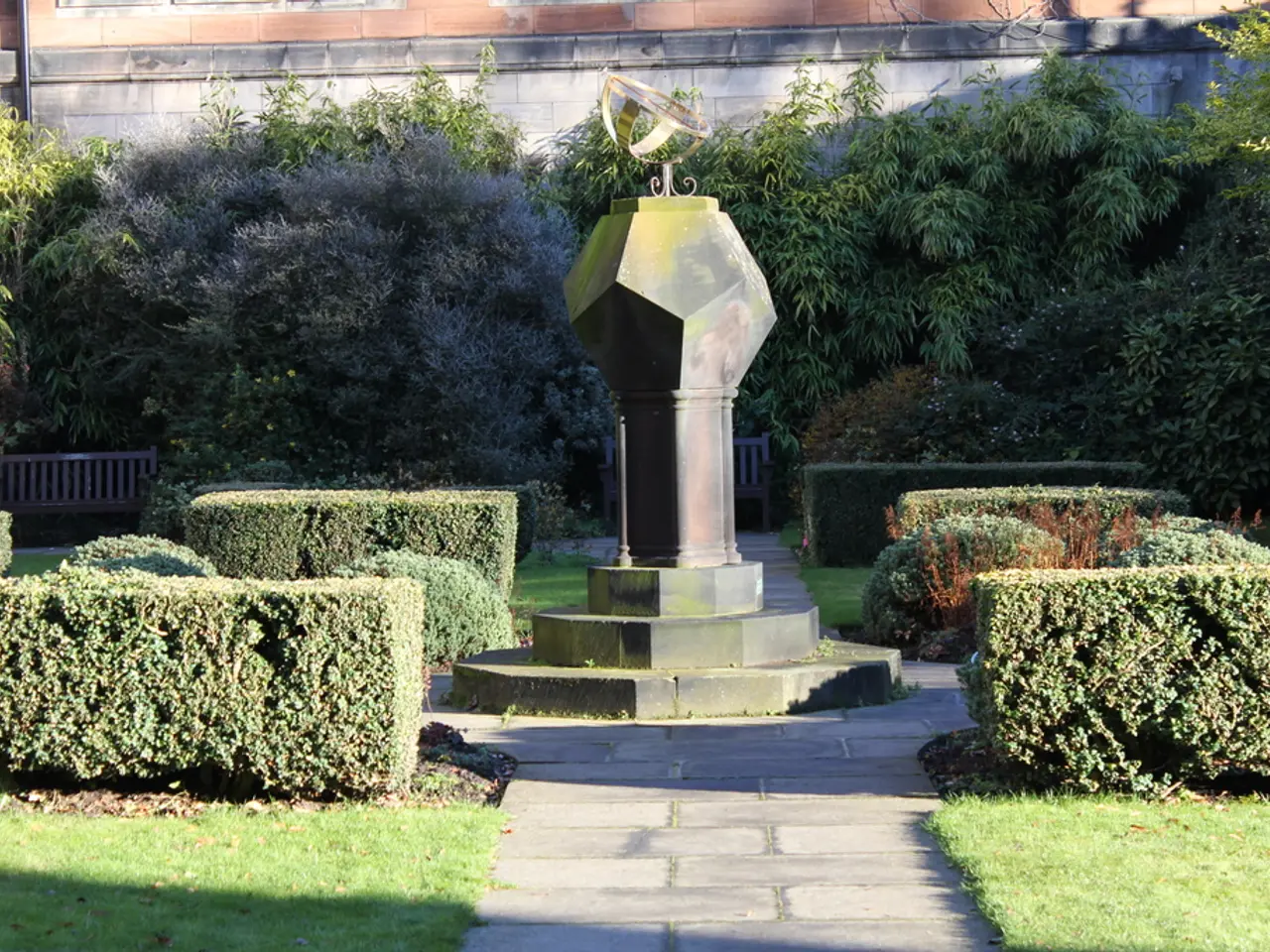The Tannenbusch Animal Park focuses on perpetual growth and advancement.
Tannenbusch Zoo: A Haven for Wildlife and Sustainable Development
Nestled in the heart of Dormagen, Tannenbusch Zoo has been a beloved destination for wildlife enthusiasts and families for over six decades. Established in 1958, the zoo now spans approximately 17 hectares and is home to around 150 animals of 80 different species.
Visitors to Tannenbusch Zoo can marvel at the captivating cohabitation of Lynxes and African wild asses with domestic donkeys, as well as the unusual attractions of Konik horses, Przewalski's horses, and European bison, which will be introduced in the coming months as part of the Archepark project.
The zoo's commitment to continuous development is evident in the modernization of its infrastructure. Around 80% of the old wooden fences have been replaced with robust Hanit plastic posts, ensuring a safer and more durable environment for the animals. The replacement of traditional water troughs with modern self-drinking troughs also ensures that the animals have access to fresh water at all times.
Tannenbusch Zoo takes its responsibility seriously, providing a second home for animals not immediately threatened and actively working to accommodate threatened species. The Archepark project, launched last year, is a testament to this commitment, with the aim of accommodating endangered domestic breeds listed on the red list and contributing to the preservation of genetic diversity.
In addition to its focus on animal welfare, Tannenbusch Zoo is also dedicated to sustainability and visitor-friendliness. The zoo has recently renovated its playground, offering more space for young guests, and has planted around 4,000 young European beeches, red oaks, and chestnuts this year for long-term habitat creation.
Head zookeeper Deniz Schünke emphasizes the zoo's commitment to making the park more attractive to visitors, while zoo director David Thies reiterates the goal of showing visitors the greatest possible species diversity. To ensure the health and wellbeing of the animals, appropriate food can only be purchased and fed to them at designated feeding stations, and visitors are urged to refrain from bringing their own food.
Tannenbusch Zoo has been setting standards in animal husbandry, sustainability, and visitor-friendliness for decades. As it continues to grow and evolve, the zoo remains dedicated to providing meaningful enrichment for its animals and a memorable experience for its visitors. However, the zoo is also facing the challenge of providing sufficient parking for visitors, a testament to its ever-growing popularity.
Read also:
- Understanding Hemorrhagic Gastroenteritis: Key Facts
- Stopping Osteoporosis Treatment: Timeline Considerations
- Expanded Community Health Involvement by CK Birla Hospitals, Jaipur, Maintained Through Consistent Outreach Programs Across Rajasthan
- Abdominal Fat Accumulation: Causes and Strategies for Reduction







